They did what!? 5 tips for preventing bad reviews in a media-driven world
10.26.2020
By: Cheyenne McDonald
In any industry, your reputation in the community is vitally important, but especially in the construction industry when unhappy clients or losing projects could cost everything. In a society driven by what potential clients read online, comments posted to various review sites or social media platforms can help a business thrive or unfortunately work to their severe detriment. Here are 5 ways for your company to avoid falling victim to the “cancel-culture.”
You are only as good as your worst review.
1. Talk to the client
The client may not always be right as the old adage suggests, but they don’t have to know that. Keep communication open and honest from the start. Request feedback throughout the duration of the project and validate their comments regardless of your personal stance on them. If they are unhappy with something, it is important to get to the bottom of their concerns sooner rather than later in order to limit costs of possible changes.
2. Consider arbitration
Litigation has become a common method to resolving issues in the construction industry, but it doesn’t have to be the first or only option. Arbitration sounds intimidating but it is significantly less expensive than going to trial and it is likely all parties walk away satisfied with the solution. Many construction contracts include arbitration clauses which require this method of conflict-resolution but if yours does not, it can still be suggested to the client as a means of finding a mutually agreed upon solution to the issues that may arise. Arbitration doesn’t necessarily declare a “winner” and a “loser” and thus, a client will be more likely to find the outcome to be acceptable.
3. Respond to all reviews, even the negative ones
Especially the negative ones. If a client leaves a bad review, take a moment to gather yourself instead of responding with your immediate reaction. Understand where the client is coming from. If this is in the middle of a project, offer to discuss changes. If the review is made after a project is complete, offer to discuss possible solutions. Always apologize for the bad experience and provide your contact information. Respond promptly to the good reviews, too. Remaining poised throughout all interactions will ultimately say more about your company than a bad review will.
4. Be your own client
What would you do if the roles were reversed in this situation? How would you want or expect your contractor to make things right? This is good practice in general in order to test your company’s performance and adjust accordingly. There will undoubtedly be larger or more difficult clients in the future and learning how to adapt to those potential issues before they arise can not only make certain you are capable of handling them, but it will help grow your company as well; turning a bad review into a glowing one from the start.
5. Call your attorney
When all else fails, call in the expert! An experienced construction law attorney will be able to provide insight to other potential avenues of solutions you have yet to think of. While this doesn’t guarantee a client won’t leave you a bad review online, if you find yourself in a situation an attorney you are struggling with, an attorney will provide peace of mind and will be able to give you options that could mitigate further potential damage to your business’ reputation.
*The information provided on this website does not, and is not intended, to constitute legal advice; instead, all information, content, and materials available on this site are for general informational purposes only. Information on this website may not constitute the most up to date legal or other information. This website contains links to other third-party websites. Such links are only for the convenience of the reader, user, or browser; Safran Law Offices does not recommend or endorse the contents of third party sites. Use of, and access to, this website or any of the links or resources contained with the site do not create an attorney-client relationship between the reader, user, or browser and Safran Law Offices, website authors, or contributors.

